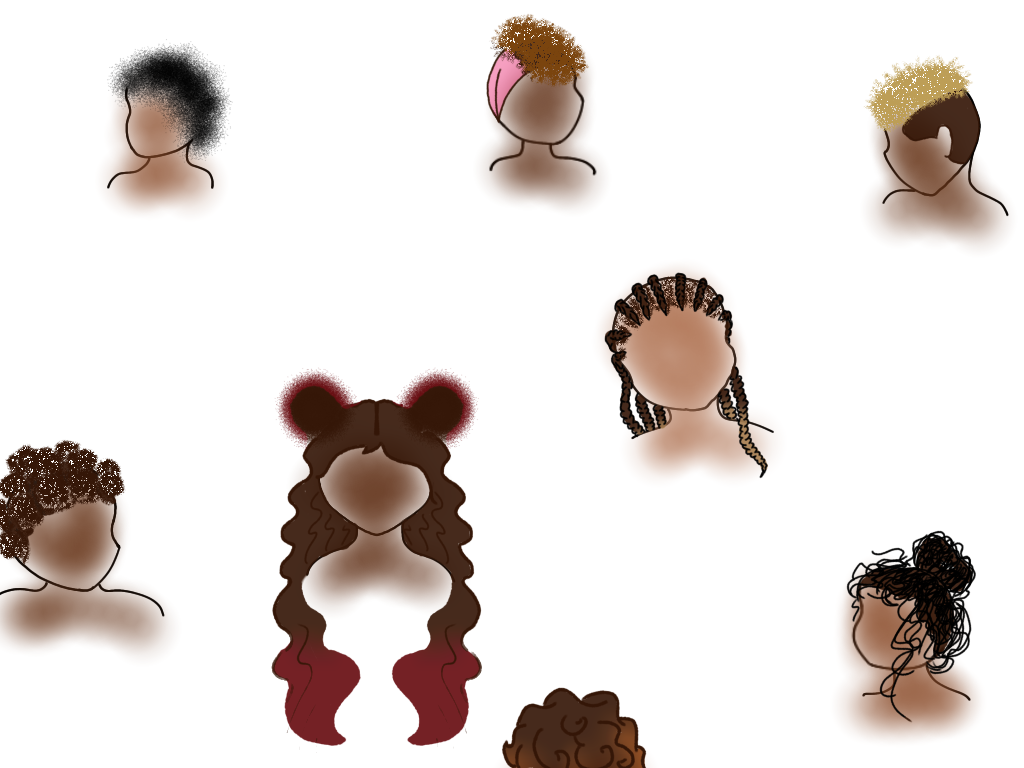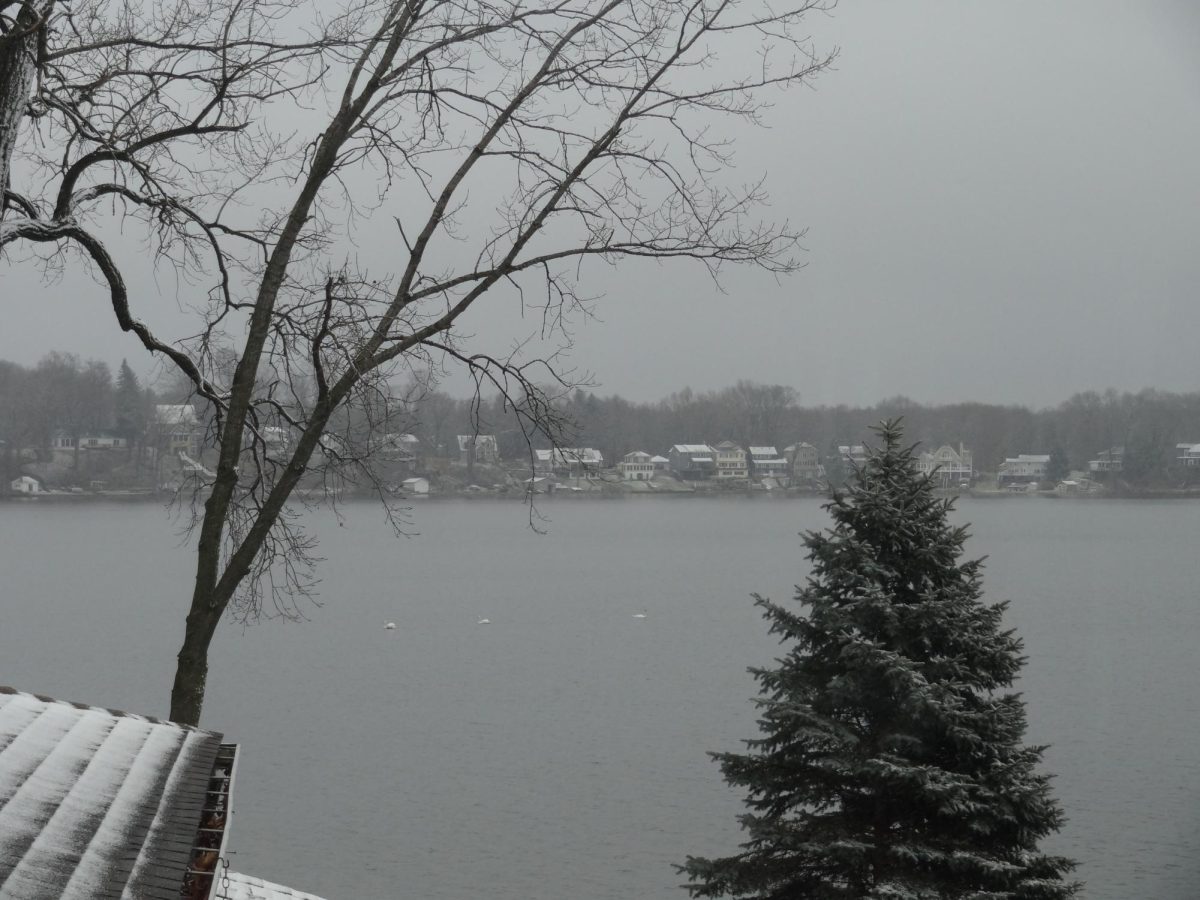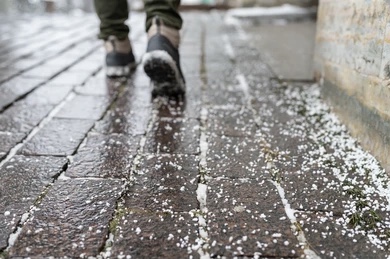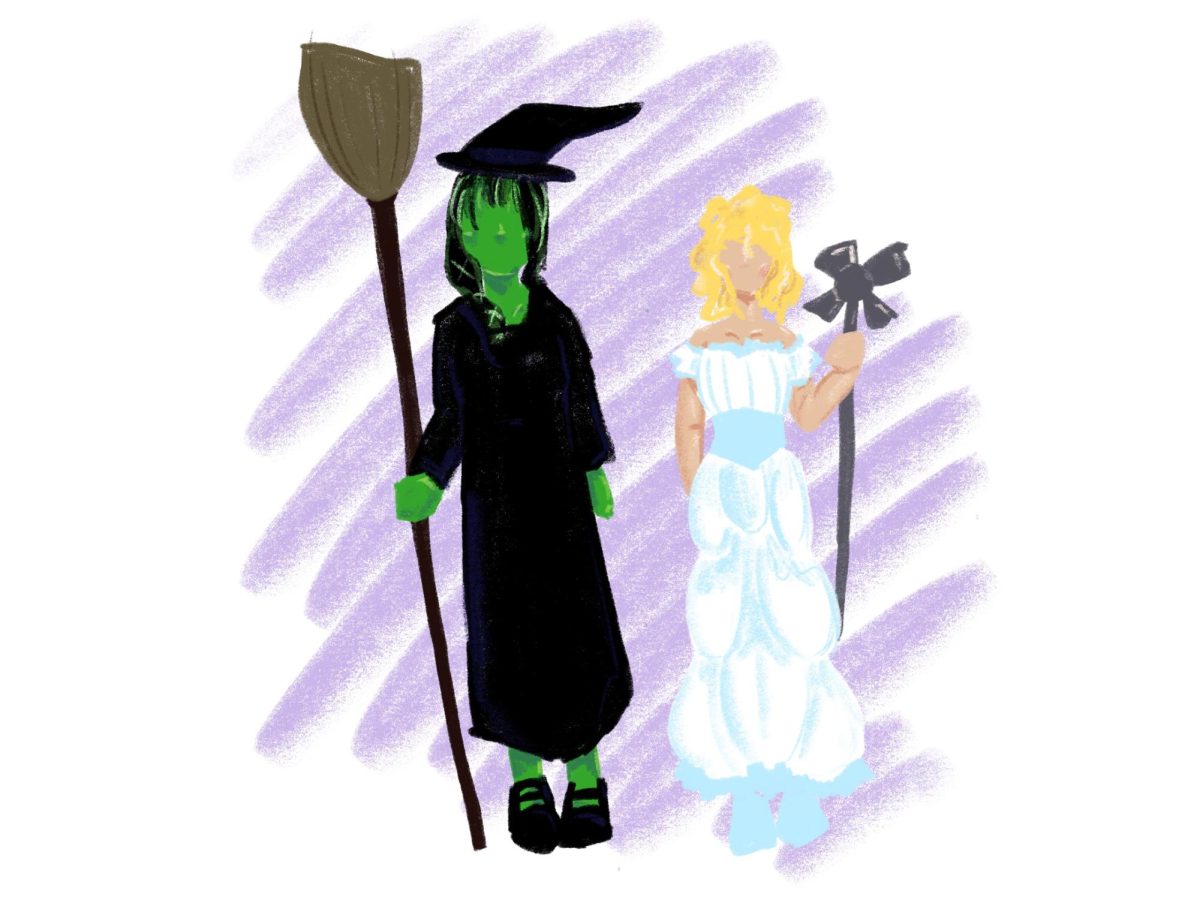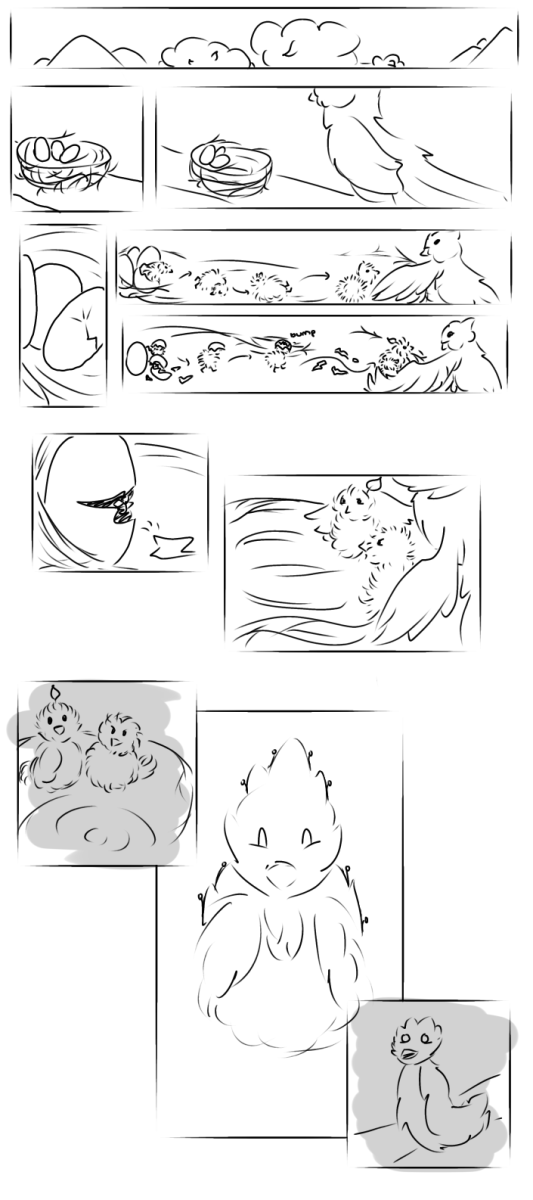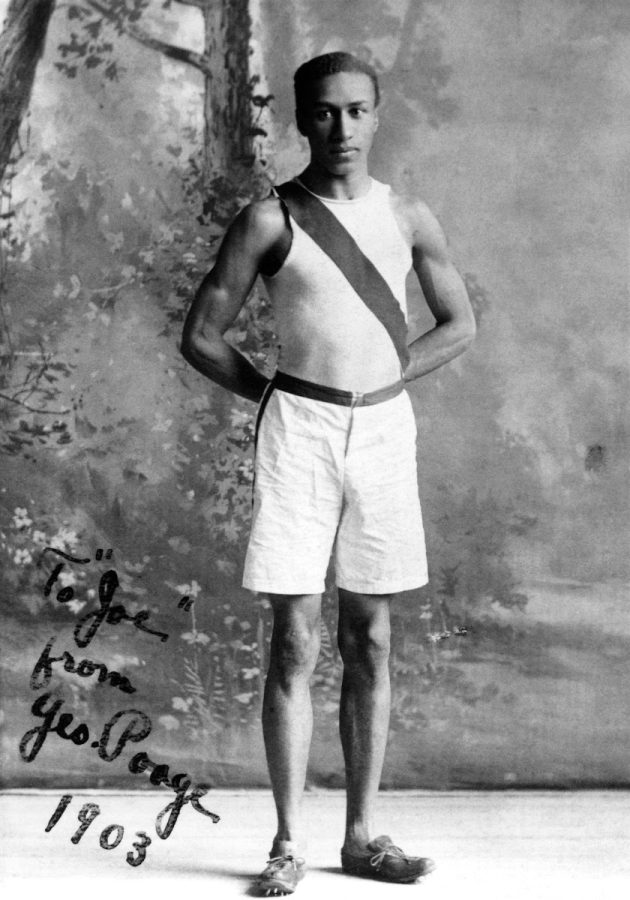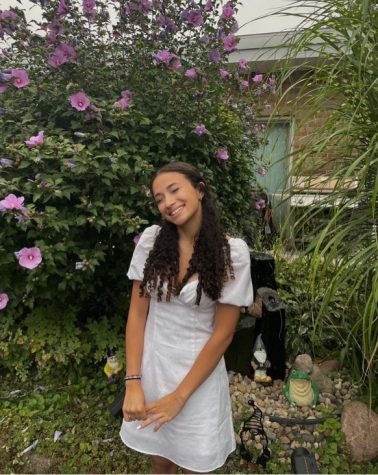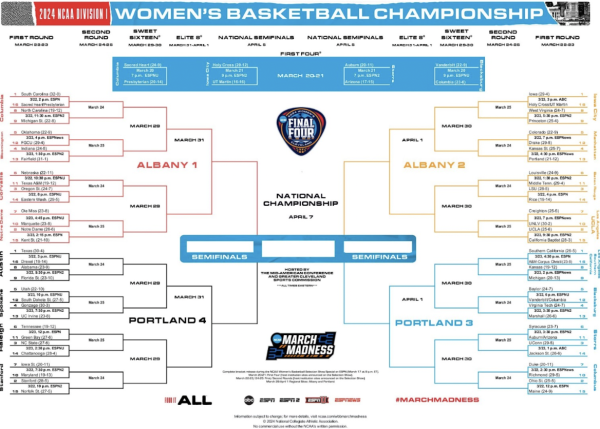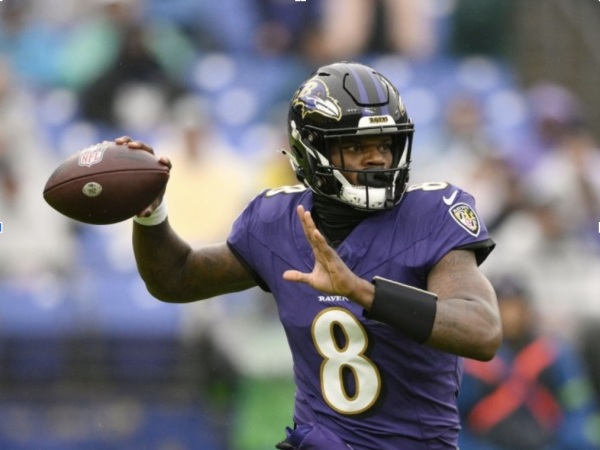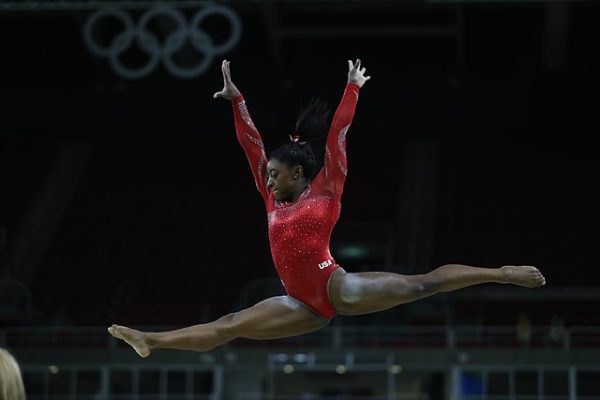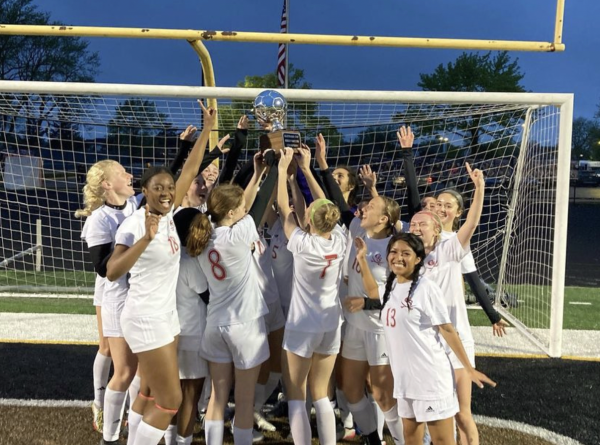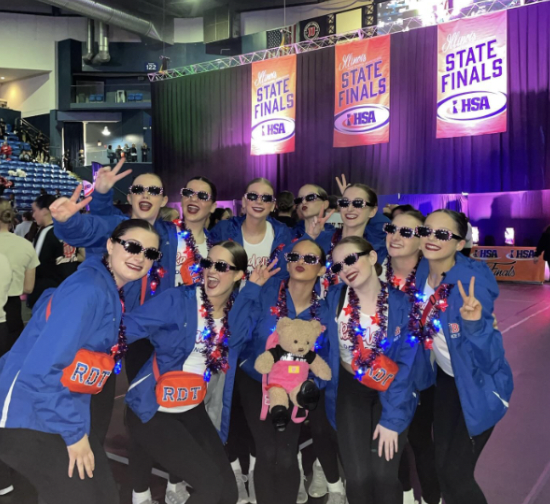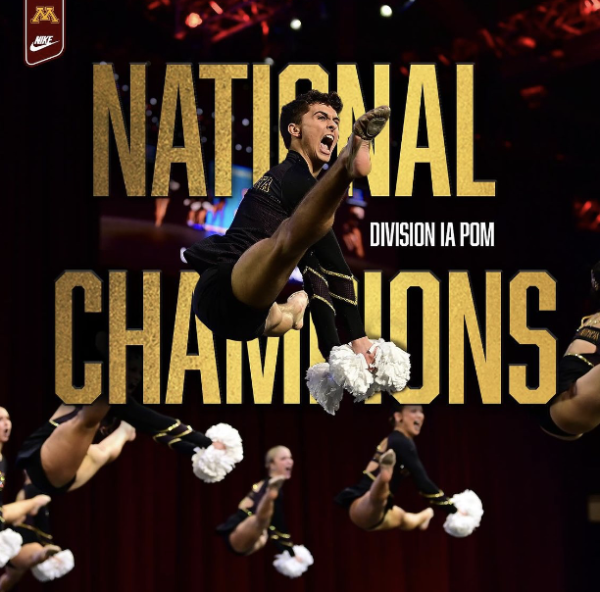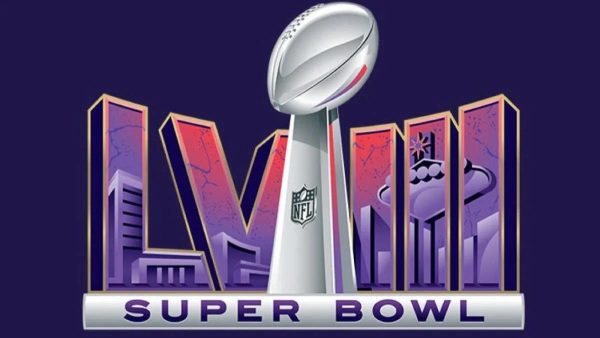Unspoken Trailblazers In Sports
March 2, 2022
In a society where many things would not be the same with the absence of the black community, one thing that would not be the same is the world of athletics. There has undeniably been an exceptional amount of influence on athletics by recent black athletes, but those would not be here without the people who opened up and desegregated the world of sports such as Harry Lew, Charles Follis, George Poage, and Moses Fleetwood Walker.
Harry Lew was the first black professional basketball player. Harry was born in Massachusetts on January 4th, 1884. His family had an extensive background within Massachusetts , as his grandfather was once a free man who purchased the freedom for his wife, which cost $400 at the time. Likewise, they also offered their house as a stop for the Underground Railroad. It is without doubt that Lew and his family faced many racial inequalities throughout their lives, but through all of these Lew was able to establish a successful career for himself. Known as “Bucky”, Lew played basketball at his local YMCA from 1899 to 1902; at the age of 18 Lew was signed to the New England Basketball league, hence becoming the first professional black athlete. Though he was signed months prior, “Bucky” did not officially play until November 2, 1902. The coach of Lew’s team continually objected to the idea of playing Lew, and throughout multiple injuries chose players with less skill just because of Lew’s race. However when the team started losing, angry crowds chanted and demanded that Lew be put in. Known for his defensive skills, Lew went on to become one of the best defensive players within the league. After the New England League disbanded, Bucky traveled and coached with his own team for the next 20 years. Once the National Basketball Association (NBA) was formed in 1949, Lew had paved the way for the Celtics to draft the first black man within the NBA, and later the Celtics would be the first NBA team to have an all black starting line, and a black coach. Lew died in Massachusetts, in 1963 at the age of 79. As he as known as a trailblazer in the game of basketball, he has yet been inducted into the sports hall of fame.
Charles Follis, also known as “The Black Cyclone” was the first black professional American football player. Follis was born in Virginia in 1879, but his family would later move to Wooster, Ohio, where Follis would not only organize a football team within his school, but also be elected the captain of this team by his white schoolmates. Within high school Follis played as a halfback, and led his team to a victorious season as their captain. Later Follis would attend his town college, but instead of playing football for his school would join an amateur football league, likewise around this time he would play baseball for his college. Follis joining this league would serve as an opening for him to achieve a professional career within football, as it would secure him a spot with the Shelby Blues. With this signing Follis became the first black professional baseball player, and would play with guys like Branch Rickey (the future Brooklyn Dodger owner who would later sign Jackie Robinson), thus integrating the major league baseball. Sadly, on april 5th of 1910, at the young age of 31, Follis died of pneumonia after playing a game against the Cuban Giants.
George Poage was born on November 6th, 1880, in Missouri. When he was only 8 years old his father passed away, and his mother and his remaining siblings moved in with Lucian Easton, the son of a lumberman, and employed Poage in his fathers stables. At La Crosse High School Poage excelled at both academics and athletics and became the school’s first black graduate. The following fall, Poage enrolled at the University of Wisconsin (UW) and joined varsity track and field. Not only was he the first black athlete to run for UW, but he was a consistent point winner for his school, and quickly became well respected. In June of 1904, he became the first black Big Ten track champion in conference history, placing within both 440 yard dash and 220 yard hurdles. The Milwaukee Athletic Club sponsored Poage to the 1904 Olympics in St. Louis Missouri. At the Olympics, many black leaders called for a boycott as the event did not allow an integrated racial crowd. Poage chose to compete in four events and became the first black athlete to win a medal within the Olympics by winning bronze in the 200 yard and 400 yard hurdles. In 1920 Poage moved to Chicago and would remain there until his death in 1962.
Last but definitely not least, Moses Fleetwood Walker was born October 7th, 1856, in Mount Pleasant, a working-class town in Eastern Ohio that served as a sanctuary for runaway slaves. Both of Walker’s parents were of mixed race, and his father was one of the first black physicians of Ohio. Walker attended high school in Ohio just as the community passed legislation for racial integration. As an adult, Walker majored in philosophy and the arts, and would prove himself to be an excellent student. The start of Walker’s baseball career is unclear, however Walker became his school’s catcher and leadoff hitter, although he was not his college’s first black baseball player. Walker’s consistent talent led the University of Michigan to recruit him, and his athletic ability would lead the school to a 10-3 record in 1882. Walker left his studies at Michigan, and signed to the Toledo blue stockings, making him the first black professional baseball player. Walker often played his position as catcher barehanded, and played 60/84 games during the Toledos championship season. Walker’s appearance into professional baseball caused instant friction, and the executive committee of the Northwestern League even debated putting forth a motion that would prohibit all minorities from entering this league. Walker died of lobar pneumonia at the age of 67 in 1924. Walker has since been inducted into his Colleges Hall of fame, and has since had songs written about him.
These exemplary black men have led the path to success for future and current black athletes. Without these trailblazers, athletics would not be as they are today.










